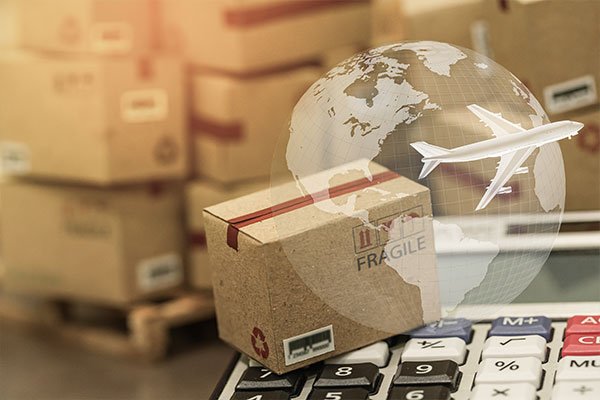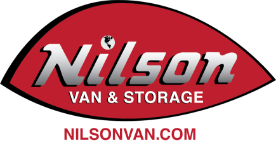
A move to a new home is exciting! But it’s also stressful and a lot of work. Moving from one town or state to another is hard enough, but moving to another country takes the process to another level. Being prepared is critical to reduce moving stress. The first step is to make a list of necessary items to take and items to leave behind. Whether you’re taking a short-term adventure or making a permanent move, we can help you move across countries with this checklist.
Travel Light – Leave the Furniture Behind
Companies set international moving prices by weight, so the less you take, the easier and more affordable the move. It’s tempting to take everything from your old home and transfer it to your new house but think twice before loading up your antique buffet and 10-foot dining room table for an international move. For the price of moving those items, you could potentially replace them when you get there. If a piece holds sentimental value then you can consider taking it with you; otherwise, sell, donate, or store your other furniture.
Toiletries Do Not Require Expensive Shipping
Of course, you’ll want to take your toothbrush, toothpaste, and the toiletry items you use daily, but there are many toiletry and personal care items that you can and should leave behind. Liquids are not allowed on any type of move, so don’t plan on taking those items with you.
Leave the Bedding and Linens Behind
Taking your favorite comforter or blanket is reasonable, especially if you can use it as packing material for other items. However, taking extra sheets, blankets, towels, and pillows is not recommended. Not only will you end up with more stuff than you need, but you’ll spend way more than you want to on moving costs to get them to your new home.
Store the Files and Paperwork
Take your passport, visa, birth certificate, driver’s license, and medical certificates, and leave the rest behind. That doesn’t mean you shouldn’t have some of that paperwork with you. An easy solution is to digitize it before you go. Scan anything important and save it to the Cloud or an external storage device and leave the hard copies in a file in storage or shred them if you don’t need them and let them go.
You Won’t Need Your Vacuum
You can leave your vacuum, blender, mixer, curling iron, and electric razor behind. Why? Because they’re easy to replace wherever you go, and you’ll most likely need one with a different plug. Many countries outside the U.S. use different types of outlets, so your household items won’t work overseas. Unless you are willing to purchase an adapter for all of your corded items, leave them behind.
Moving to another country is exciting, scary, challenging, and fun, and a lot of work. Leaving behind unnecessary or easily replaceable items are both ways to reduce the stress and cost of moving to another country. The easiest way to relieve international moving stress is to hire a moving company with extensive international moving experience. Contact the Nilson Van and Storage moving team today for a free estimate and some handy guides to help you prepare for your big move.



